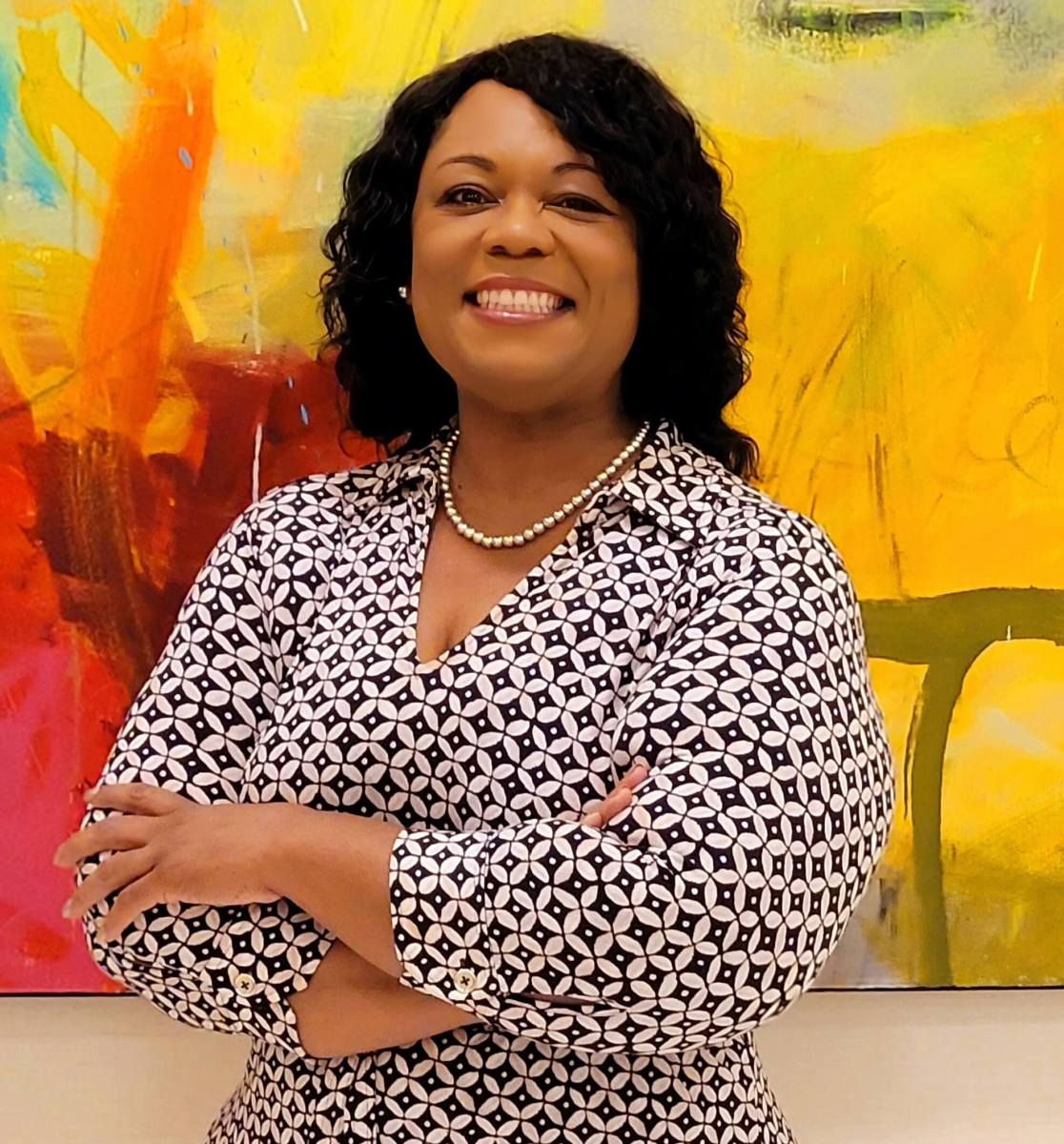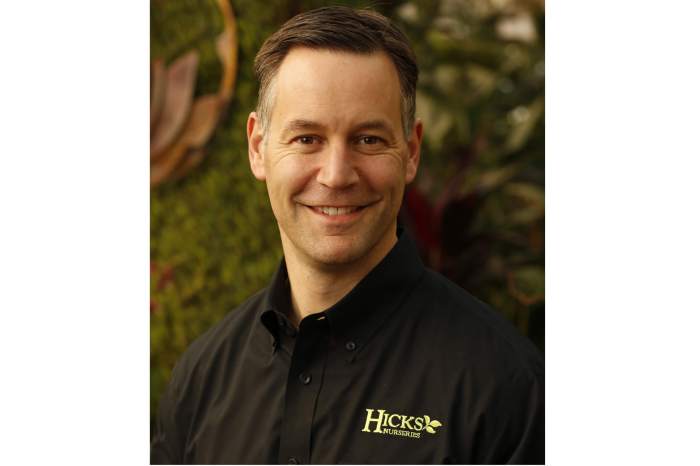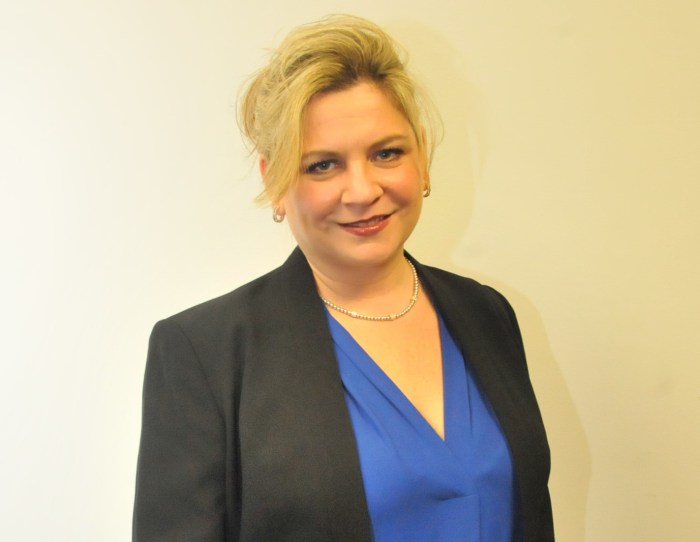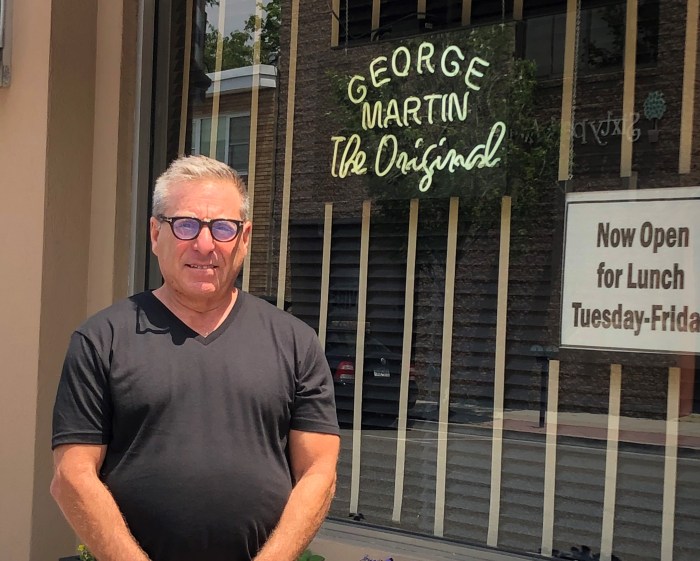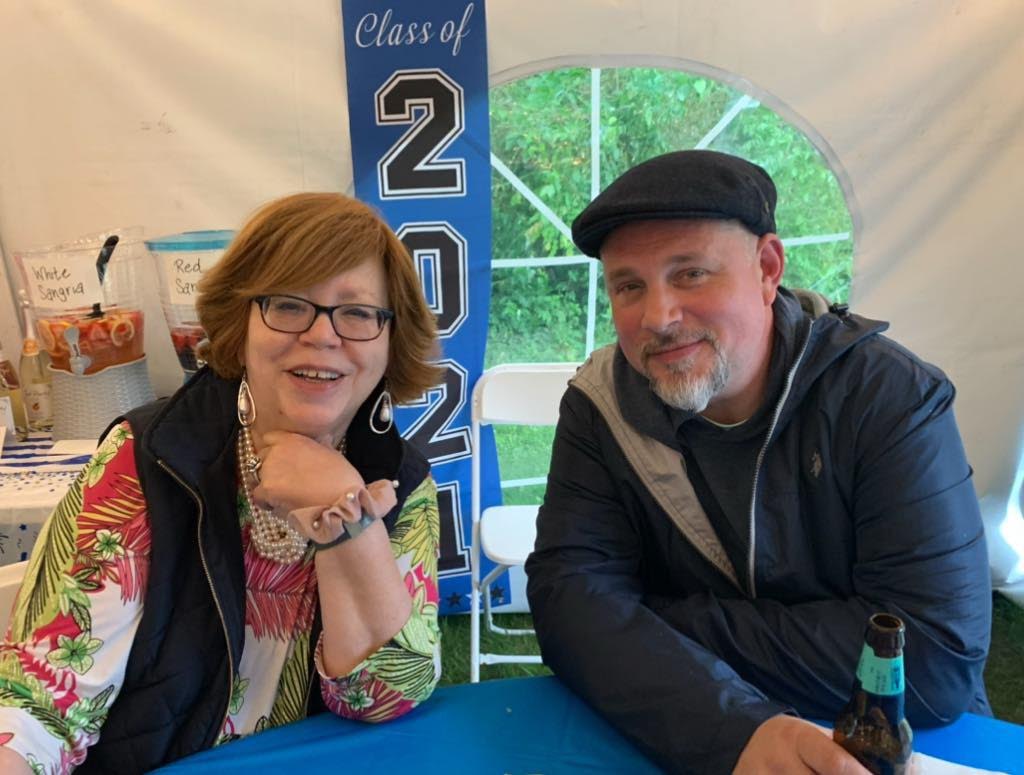Charlene J. Thompson is an attorney and the president and CEO of Thompson Economic Development Services, an economic development consulting firm whose clients have included Hofstra University and the Long Island Board of Realtors. She also has been a practicing attorney for more than 25 years, along the way helping many minority- and women-owned businesses obtain contracts.
Q&A With Charlene J. Thompson, CEO of Thompson Economic Development Services
What is Thompson Economic Development Services and what do you do? It’s an economic development consulting firm designed to bring resources and elevate business in impacted, underrepresented, underserved, mostly minority communities on Long Island and across the nation. We work to bring opportunities to underrepresented business, minority business, getting them engaged in state, federal and local contracting opportunities.
How and when did you transition to economic development? I was a corporate litigator at a Park Avenue law firm for several years. I got married, got pregnant, and didn’t want to commute. I decided to seek an opportunity in government. I landed under the Suozzi administration in what was then the office of housing and intergovernmental affairs for eight years, seven under Suozzi and one under Mangano.
When, why and how did you launch Thompson Economic Development Services? I had been doing government compliance and contracting from inside the county government. I worked in the government within the HUD-funded, community and housing development areas. I went out on my own and asked state and local agencies if they would hire me as a consultant. Several agencies did. I also worked with Hofstra University and Suffolk Community College’s Entrepreneurial Assistance Program, teaching courses in helping minority- and women-owned businesses get certified for state contracting.
What’s it like to run your own business? When you work in your own business or ramp up your business, there are ebbs and flows. I’m a solopreneur exploring opportunities to find other streams of income. I underutilized my ability to teach Zoom classes. I’m a state qualified continuing education provider for real estate licenses. I’m under contact with the Long Island Board of Realtors and I teach continuing education real estate classes. And I do continuing legal education classes through the Nassau County Bar Association.
Do you still practice law? I also practice law as of counsel for a local law firm, Comrie & Associates. My primary practice areas are wills, trusts and estates, residential and commercial real estate transactions, and small business support on every level. Everything is synergistic.
You’re still dealing with issues with economic development, but is it different from being a lawyer? Absolutely. I’m not going to try to get too heady. But for me, it’s all about economic empowerment and generational wealth building, accessing government opportunities that have sometimes been closed off to us because of institutional racism. A lot of opportunities are based on who you know. It’s really about having institutional knowledge. Understanding how government dollars flow to the community.
Are funds available to minority contractors and are companies getting them? Not at the level they need to. The information isn’t as accessible as it should be. Even with recovery money, the word often gets out on the street to certain people. People are aware and able to pull the trigger once the announcement is made. There’s still a controlling of information and institutional knowledge.
How are you involved with the Long Island African American Chamber of Commerce? I’m one of the founding board members. And I also headed up their minority- and women-owned business committee. As an active board member, I created a program to engage minority- and women-owned businesses. We did a series of free classes to help businesses get certified and understand government contracting and teaming opportunities.
How active in the chamber are you today? When I was a commissioner of a local agency, I was a member, but wasn’t actively engaged in leadership. As of January 2021, I became active again on a leadership track. The organization has morphed. We’ve been more active on a national level with the Small Business Administration’s Community Navigator Pilot Program and leadership training with the U.S. Black Chambers, Inc., how to expand our business operations to help make sure our businesses are sustainable.
Do you help people with borrowing? One of the tenets of the U.S. Black Chambers and the Long Island African American Chamber is providing access to capital for businesses seeking stability and to expand. Through our navigator programs, we do preliminary vetting to see if they’re ready to access capital or be a viable applicant for government and private equity funding. If they’re not, we work with them to get them ready.
Why do you teach classes at Hofstra? What do I like about teaching? I like the intellectual exercise of young minds, being able to guide them and help them.




